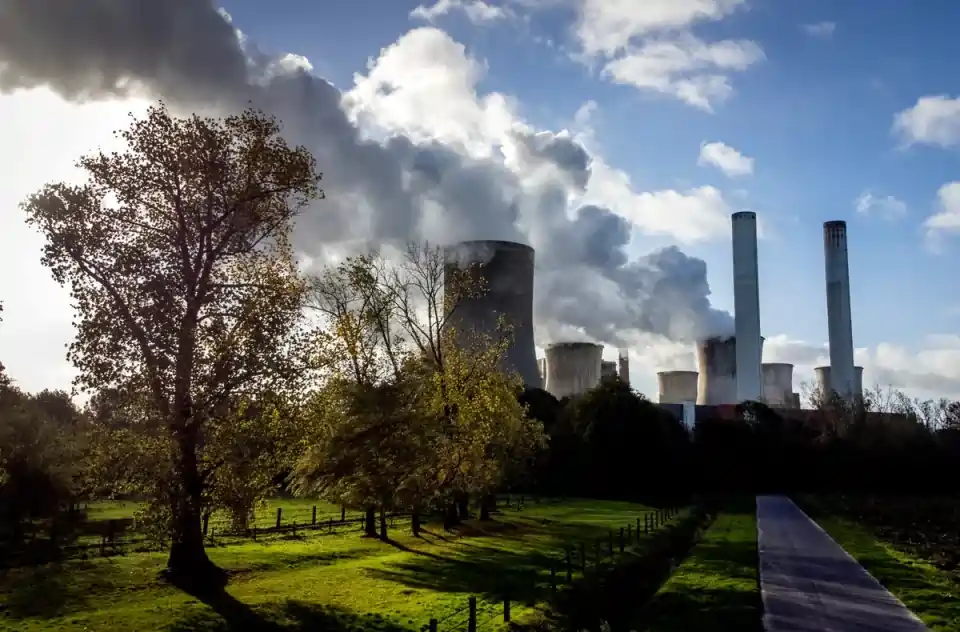What is the Anthropocene and why is it alarmingly affecting our planet?
In recent years, scholars and promoters of the fight against climate change have referred that the planet is at a tipping point, in which some of the effects caused by humans to the so-called global warming could still be reversed or, on the contrary, exacerbated.
According to the mutations of the planet, it is already in the Anthropocene period, a term that began to be used in early 2000 by the Nobel Prize in Chemistry, Paul Crutzen, but which was created by the American biologist, Eugene F. Stoermer.
This term is used to define “human activities that have caused biological and geophysical changes on a global scale”, according to UNESCO (United Nations Educational, Scientific and Cultural Organization). Reports from this organization have detailed that the modifications that our planet has undergone have altered its equilibrium.
It is known that the Earth lost its equilibrium that it maintained since the Holocene more than 11,700 years ago. Both Crutzen and Stoermer agreed that the year 1784 was crucial for life on our planet, since it was the beginning of the Industrial Revolution after the launching of James Watt’s steam engine and the unstoppable use of fossil fuels.
Hence, the term Anthropocene is used to determine the effects on the climate, flora, fauna and even non-renewable resources such as water, due to the accumulation of greenhouse gases (water vapor, carbon dioxide, nitrous oxide, methane and ozone), both from the burning of fossil fuels and accelerated industrialization.
In 1945, at the end of World War II, some scholars revealed that the Western economic model was beginning to prolong the mass consumption of products and the creation and accumulation of plastic waste and other garbage. This dynamic did not cease and worsened in the 1970s, when the effects of global warming began to become more noticeable.
To find a solution, UNESCO suggests that the 2050 Target set by many nations of the world to mitigate as much as possible their greenhouse gas emissions has not been fully met. The so-called “hunt for culprits” continues to be a “dead end”; therefore, there is still no real will to take care of the only place we have to live.

